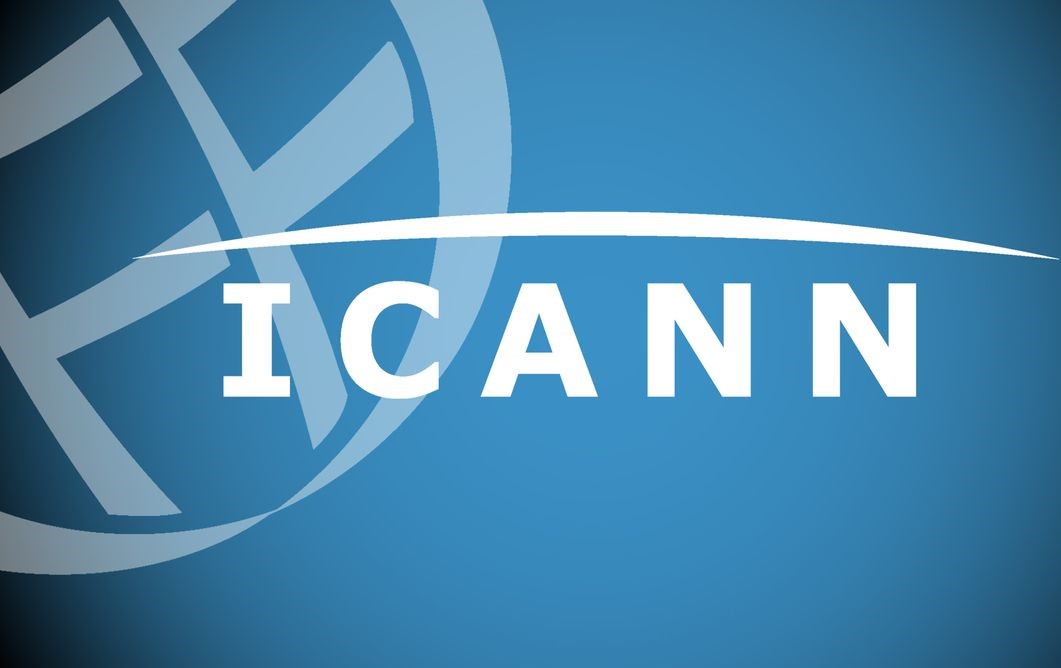
Date First Published: 20th January 2022
Topic: Computer Networking
Topic: Internet Organisations
Article Type: Computer Terms & Definitions
Difficulty: MediumDifficulty Level: 6/10
ICANN is short for Internet Corporation for Assigned Names and Numbers and it is a non-profit organisation that was founded on 18th September 1998 by Jon Postel and Esther Dyson. ICANN is responsible for the allocation of IP address space, TLD system management, protocol identifier assignment, root domain name server system management, assignment of IP addresses to ISPs through its IANA (Internet Assigned Numbers Authority) group, and namespaces of the internet.
In general, the main purpose of ICANN is to provide an addressing system for the internet and have contracts with registries as well as running an authorisation system for registrars, which is a system of checks and balances that provides the stable domain name environment. Every time a domain name is registered, that domain registrar pays a small fee to ICANN, which is part of the domain registration process as ICANN additionally manages a registry of domain registrars.
Another role of ICANN was to help maintain the security of the internet. Even though ICANN does not monitor or control what goes on the internet, since it is impossible for one organisation to check everything on the internet as there are millions of websites, ICANN tries to maintain security of the internet by developing and maintaining policies on domain names. All domain registrations go through ICANN and have to be certified by this organisation. ICANN is not to be confused with a domain registrar as it does not provide domain registration services and it is not possible to directly register a domain on ICANN.
If so, it is important that you tell me as soon as possible on this page.
Network Services Network Setups Network Standards Network Hardware Network Identifiers Network Software Internet Protocols Internet Organisations Data Transmission Technologies Web Development Web Design Web Advertising Web Applications Web Organisations Web Technologies Web Services SEO Threats To Systems, Data & Information Security Mechanisms & Technologies Computer Hardware Computer Software Ethics & Sustainability Legislation & User Data Protection